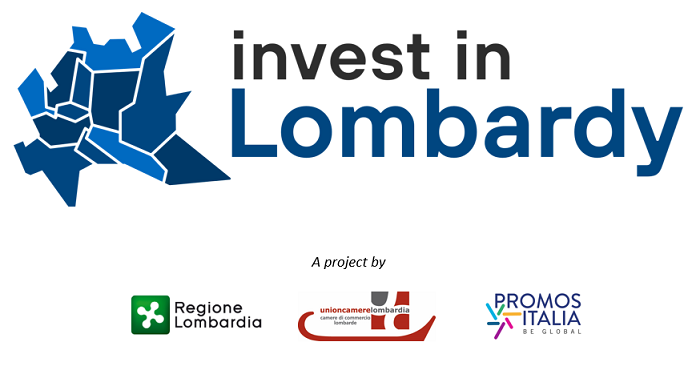Invest in Lombardy is the ideal partner for foreign companies planning to start or expand a business in Lombardy, offering a free service, specialized and professional in every phase of the project.
In a business transaction, it is essential to provide qualified expertise and establish positive communication with the companies that may require language translation.
The use of professional interpreters is an effective way for companies to quickly establish themselves when investing abroad.
English has been invading international settings since at least 1919, when the Treaty of Versailles was drafted in English as well as French. Later, English gained strength with the rise of American multinationals, the fall of the Berlin Wall, the coming of the Internet and the opening up of China.
Today about one in four humans speaks at least some English, but often it is a form of simplified English, a basic, dull, idiom-free version with a small vocabulary of no more than 1500 words. A French businessman, Jean Paul Nerriere formalized this “sub-language” and called it GLOBISH in 2004.
Yet, thinking that Globish is always enough to ensure effective communication is misleading. It can lend proficient English speakers a great advantage: as they are thinking about how to get what they want, the other party is struggling to find the words. Indeed, speakers of Globish often fail to understand native or proficient English, with its idioms, half sentences and customs. If someone said, “well, it wasn’t fantastic,” would you instantly realise it means “it was dreadful?”
Foreigners attending English-only meetings sometimes end up tired, confused and irritated, simply because of language. Native English speakers are obviously not more intelligent than their non-English mother-tongue colleagues, but they can make jokes and add nuance to what they say. Being forced to speak English – as is invariably the case in large multinationals – may also limit active participation, and communication becomes one-directional.
If the aim is to share ideas on an equal footing, Globish is never enough. As former German Foreign Minister Hans Dietrich Genscher said, “In a foreign language I say what I can. In my own language I say what I want”.
Skilled professional interpreters can make all parties feel like they are speaking the same language, which at the end of the day is all that matters.
Global English, I think we can confidently say, indeed is not enough for global business
written by Mariolina Mapelli – AMI


